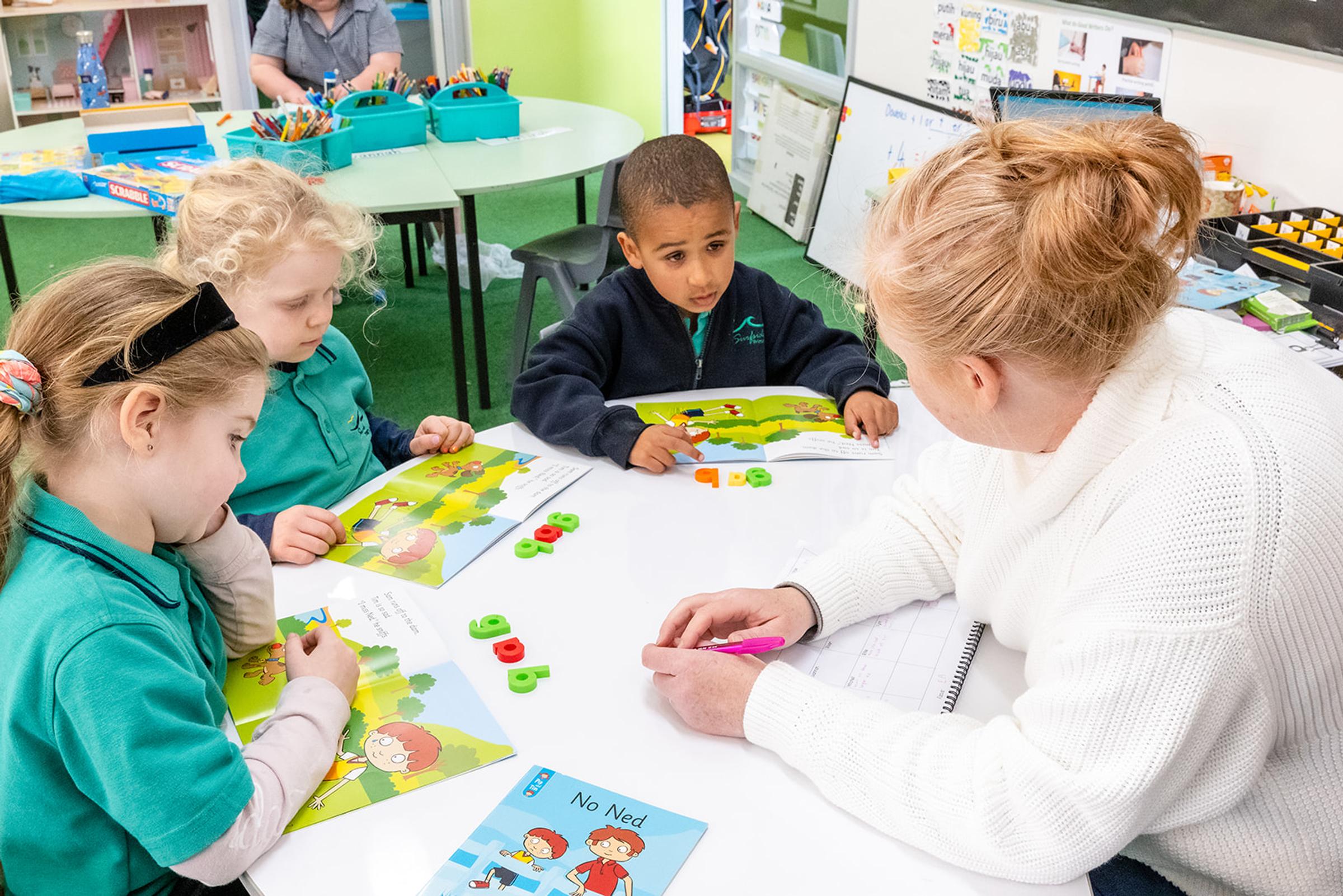Wellbeing Page

Wishing everyone in the Surfside community a very Merry Christmas and a Happy New Year. Whilst we hope that this is wonderful and relaxing time for you and your families we understand that Christmas and extended holidays can pose additional stress and complexities for some of us. If you are in need of any further support over this please consider the following support services and agencies;
Salvos Community Support Services
Phone: (03) 5223 9200
Kids Helpline1800 55 1800(24 hours a day, 7 days a week)
Salvos Community Support Services
Phone: (03) 5223 9200
Orange Door Geelong
Phone: 1800 312 820 9am to 5pm Monday to Friday (closed public holidays)
1800 015 188(24 hours a day, 7 days a week)
- for women and children who are victims of family violence
- web chat support service Monday to Friday 9am until midnight
1300 766 491(8am to 9pm Monday to Friday; 9am to 5pm Saturday and Sunday)
- for people at risk of using family violence
- free, confidential, expert support for men and their family and friend
1800 729 367 or text 0480 017 246(10am to 5pm, 7 days a week)
- specialist advice to LGBTIQ+ people and their friends and families.
Positive and Healthy Transitions
Everyone reacts differently to change – some find it exciting, some find it stressful, some hardly notice it happened.
Adults use their experience and existing knowledge to predict what changes may be like, and how it may affect them and can develop strategies to help them adjust and cope.Children and young people don’t often have as much prior knowledge or experience to draw on which can make change more difficult and challenging.
Transitions are everywhere, every day
Transitions are best described as change: a period where we must adapt to new circumstances, expectations, people, environments or routines. Transition involves more than the first day in a new situation – it’s happens over time both before and after what we think of as the ‘big’ day. How quickly children and young people adjust varies.
When thinking about types of transitions for children and young people we might consider:
- their first transition from home to an early learning service
- the first year of school
- moving from primary to secondary school
- finishing secondary school and moving to the next stage of study or work.
However, small transitions are happening every day for children and young people: saying goodbye to family in the morning, stopping one thing and starting something new, moving from one room or building to another. Transitions also occur in home life: moving house, going on holiday, the birth of a sibling, family changes, separations or bereavements. These early years’ experiences can influence how we approach and cope with transitions throughout life.
What we might observe during transitions
Children and young people often communicate their feelings through behaviour. They rely on the adults around them to understand, acknowledge and interpret their behaviour, and provide a safe, secure, predictable space for them.
Transitions are successful when children and young people feel confident, secure and included – and these are all important protective factors for children’s mental health and wellbeing.
Supporting transitions and building resilience
We build resilience by learning and developing social and emotional skills – including coping skills. With these skills we manage life stressors, grow confidence and willingness to try new things, and seek and accept help when required.
During transitions, things we can do that provide the most positive experience for children and young people, maintain and grow relationships, and reduce routine disruption and stress include:
- Plan and prepare for transitions through a supportive orientation process.
- Have consistent communication with everyone - including the children, young people, their families and educators.
- Develop strategies that include planning for and respecting diversity and individual needs.
- Be flexible when the unexpected happens.
- Establish routines as soon as possible to develop a sense of predictability in the new environment.
